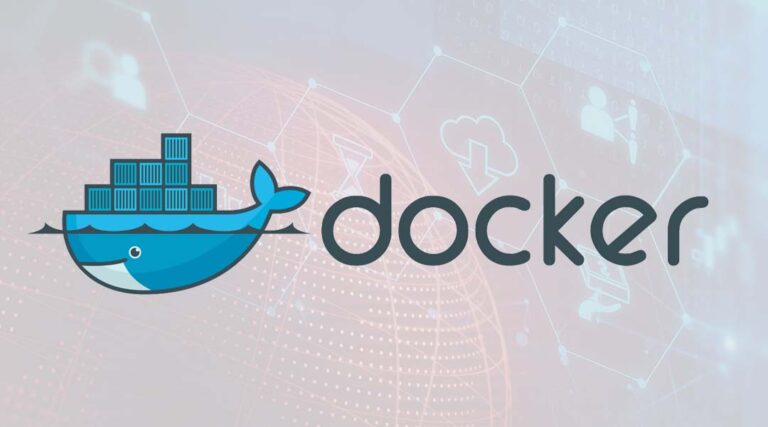
With Docker Enterprise 3.0 on its way to general availability, the team behind the container technology took a moment to talk more about one of the new version’s features in a more detailed blog entry.
Docker Kubernetes Service, which was introduced at the recent DockerCon, is meant to tackle one of the most complained about aspects of the cloud native landscape: Kubernetes’ complexity.
Depending on who you ask, it’s not as bad as many make it sound, but the issue seems to be bad enough to let enterprise users run for the likes of OpenStack or Rancher to get to grips with Kubernetes management.
Docker doesn’t want to stay on the sidelines in this debate, and has decided to bundle the upcoming major release of its enterprise offering with its own certified Kubernetes distribution, dubbed Docker Kubernetes Service or DKS for short.
Since the company has identified Kubernetes’ apparent lack of intuitive security and manageable configuration as the source of most troubles, the project focuses on those.
To give admins a leg up on security, DKS comes with default configurations for security, encryption, access control, and lifecycle management. It also facilitates the integration of LDAP or SAML authentication tools already in use, which should help with access management.
DKS includes tools to deploy, scale, backup, restore, and upgrade Kubernetes environments for easier application installation and configuration across hybrid and multi-cloud deployments – something of growing importance especially in large enterprises.
On top of that, so-called version packs are part of the offering to keep production and development environments in sync, but also to give a way to switch between Docker and Kubernetes versions.
